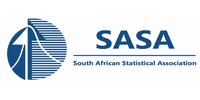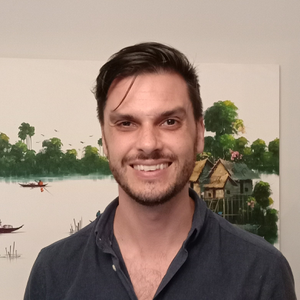Speaker
Stephan is a lecturer at the Department of Statistics and Actuarial Science at Stellenbosch University, and he obtained his PhD earlier this year at Wageningen University in the Netherlands. For his PhD he developed machine learning frameworks to account for complex data issues in digital soil mapping (DSM). DSM makes use of statistical methods to quantify complex relationships between a soil property and environmental covariates, and this using this relationship to the predict soil properties across landscapes. Stephan has continued in this avenue of research, aiming to address statistical challenges in DSM, such as improving the statistical modelling of soil properties to enhance soil map accuracy and developing interpretive machine learning techniques using multivariate techniques. For his work Stephan has been the recipient of the international Climate, Food and Farming and Global Research Alliance Development Scholarships (CLIFF-GRADS), the Thuthuka PhD grant of the National Research Foundation, and he is the recipient of Stellenbosch University's Rector's Postdoctoral Fellowship Programme in AI, machine learning and data analysis.
Abstract
When I started my PhD journey, I knew I wanted to work with spatial data, and I knew I wanted to use machine learning models and predictive modelling. It was therefore so fortunate when I was presented with the opportunity to work on a project in digital soil mapping for my PhD. It not only ticked my boxes, but it opened my world to the importance of protecting one of the world's most valuable assets, soil. The data and modelling challenges in DSM are complex and it therefore presents so many opportunities for research as a statistician. In this talk, however, I would like to share some of my experiences of doing a PhD outside South Africa. I will address the key points one should consider when embarking on such an endeavour.


